Faculty
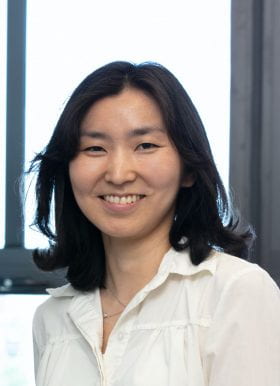
Yoon-A Kang, PhD
Assistant Professor, Department of Medicine, Division of Hematology
- Email: yoonakang@wustl.edu
The research interests of the Kang lab are understanding the mechanisms underlying cell fate decision and lineage specification in hematopoietic stem cells and multipotent progenitors to modulate lineage output in disease and aging contexts.
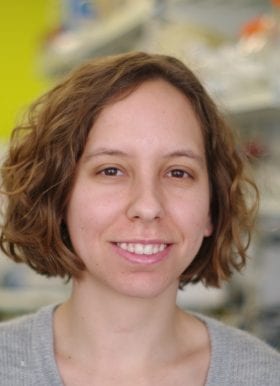
Celeste Karch, PhD
Associate Professor, Psychiatry
- Email: karchc@wustl.edu
The Karch lab studies the molecular mechanisms underlying neurodegenerative tauopathies.
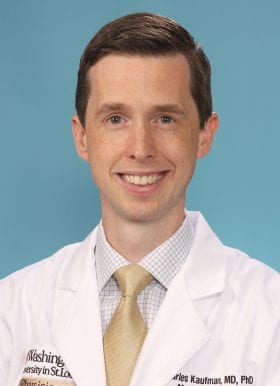
Charles Kaufman, MD, PhD
Assistant Professor, Division of Oncology, Department of Medicine
- Email: ckkaufman@wustl.edu
The goal of the Kaufman lab is to understand how cells change their gene expression programs during normal development and cancer formation.
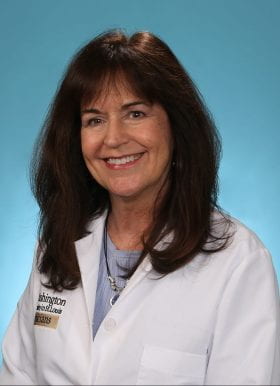
Peggy Kendall, MD
Professor and Chief, Division of Allergy and Immunology, Department of Medicine
- Email: peggy.kendall@wustl.edu
The Kendall Lab works on B Lymphocyte tolerance in autoimmune diseases, including Rheumatoid arthritis, Type 1 diabetes, and Systemic sclerosis. They also study allergic diseases, including food allergy.

Albert Kim, MD, PhD
Professor, Neurosurgery
- Email: kima@wustl.edu
The Kim Lab studies the cell-intrinsic molecular mechanisms governing brain cancer stem cell function, normal nervous system development, and the development of clinical surgical protocols to deliver cell-based and drug therapies for a variety of nervous system disorders.

Jinkyung Kim
Assistant Professor, Otolaryngology
- Email: jinkyung@wustl.edu
The Kim Lab is dedicated to understanding cochlear function at the cellular level and improving our ability to prevent hearing loss.
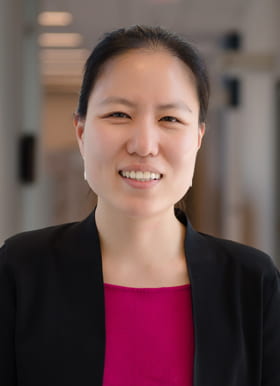
Miriam Kim
Assistant Professor, Oncology
- Email: miriamykim@wustl.edu
Focused research on rational manipulation of human hematopoietic cells for the treatment of disease by combining genetically engineered hematopoietic stem cells and chimeric antigen receptor T cells for therapy of acute myeloid leukemia.

Eynav Klechevsky
Associate Professor, Immunology
- Email: eklechevsky@wustl.edu
The Klechevsky Lab investigates the role of dendritic cell subsets in both healthy and diseased tissues, as well as the environmental cues that regulate their development, with the goal of developing novel immunotherapy approaches to combat cancer and autoimmune diseases.

Alex Knights, PhD
Assistant Professor, Department of Orthopaedic Surgery
- Email: aknights@wustl.edu
The Knights lab is fundamentally interested in the complex cellular and molecular interactions that take place during musculoskeletal homeostasis and disease. We want to understand how a breakdown in the crosstalk that governs tissue health leads to inflammation, fibrosis, and mineralization in joint diseases like osteoarthritis.
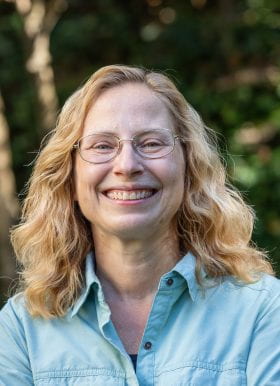
Kristen Kroll, PhD
Professor, Developmental Biology
- Email: kkroll@wustl.edu
The Kroll lab studies the epigenetic and transcriptional regulators that control fate decisions from embryonic stem cells into the neural lineage.
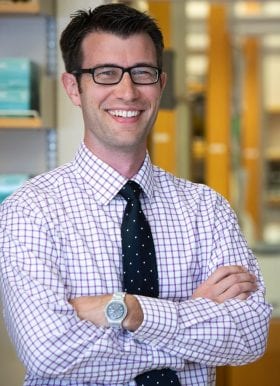
Spencer Lake, PhD
Associate Professor, Mechanical Engineering and Materials Science
- Email: lake.s@wustl.edu
The Lake lab studies the biomechanics and structure-function relationships of soft tissues and how these change in injury and disease.
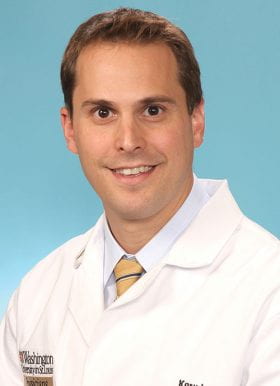
Kory Lavine, MD, PhD
Associate Professor, Division of Cardiology, Department of Medicine
- Email: klavine@wustl.edu
The Lavine lab studies heart development and the role of macrophages in cardiac recovery and reprogramming.
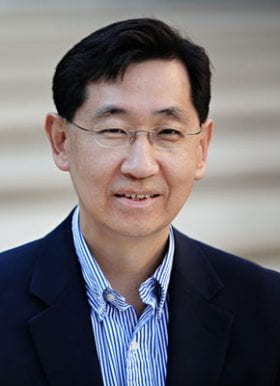
Jin-Moo Lee, MD, PhD
Andrew B & Gretchen P Jones Professor. Chairman, Department of Neurology
- Email: leejm@wustl.edu
The Lee Lab is engaged in translational research to investigate cellular and molecular mechanisms involved in acute and chronic brain injury, with a focus on ischemic stroke and Alzheimer’s disease. An additional focus of the lab is neuroplasticity and brain repair after stroke. A major motivation of the lab is to identify strategies and targets for mitigating brain injury and enhancing brain repair after injury.
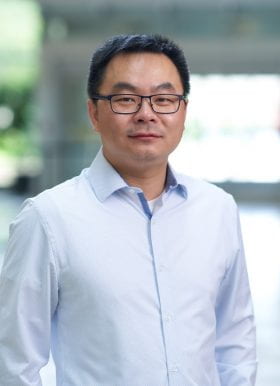
Tristan Qingyun Li, PhD
Assistant Professor, Departments of Neuroscience and Genetics
- Email: qingyunli@wustl.edu
The Li lab is broadly interested in neuroimmunology with a focus on microglial biology. They combine cutting-edge single-cell genomic technologies with in vitro and in vivo genetic, molecular, and cellular tools to address these fundamental questions, which also have tremendous translational potential. The overarching goal is to gain a better understanding of microglial functions in the establishment of the nervous system, as well as how changes in these functions contribute to aging and neurological diseases.
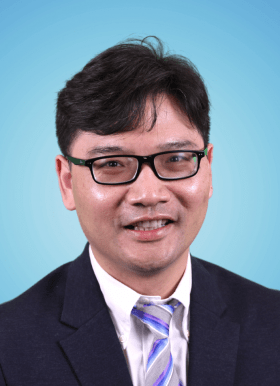
Xiaowei Li, PhD
Assistant Professor, Department of Surgery, Division of Plastic Surgery
- Email: xiaoweili@wustl.edu
The Li lab is developing biomaterials platforms for regenerative medicine, with specific interest in applications of biomaterials for angiogenesis and vascularization, stem cell engineering, and central nervous system and soft tissue regeneration.
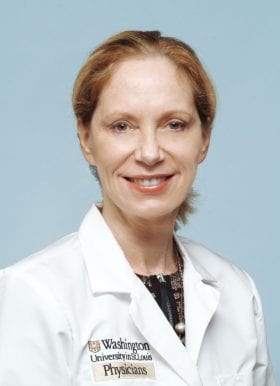
Susan Mackinnon, MD
Sydney M. Jr. and Robert H. Shoenberg Professor and Chief, Division of Plastic and Reconstructive Surgery, Department of Surgery
- Email: mackinnon@wudosis.wustl.edu
The Mackinnon lab studies peripheral nerve allotransplantation and the effect of GDNF on nerve regeneration.
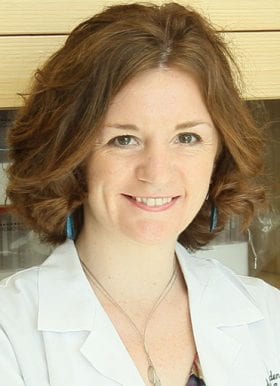
Audrey McAlinden, PhD
Associate Professor, Orthopedic Surgery
- Email: mcalindena@wustl.edu
The McAlinden lab studies the molecular mechanisms regulating cartilage development and maintenance.

Helen McNeill, PhD
Barnes Jewish Investigator and Larry J. Shapiro and Carol-Ann Uetake-Shapiro Professor of Developmental Biology
- Email: mcneillh@wustl.edu
The McNeill Lab works on the roles of Fat cadherins in growth and regeneration, using Drosophila, mouse, and hydra.

Robert Mecham, PhD
Alumni Endowed Professor of Cell Biology and Physiology
- Email: bmecham@wustl.edu
The Mecham Lab studies how the extracellular matrix influences tissue development and regulates growth factor signaling.
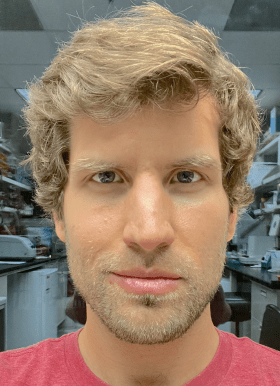
Michael Meers, PhD
Assistant Professor, Department of Genetics
- Email: meers@wustl.edu
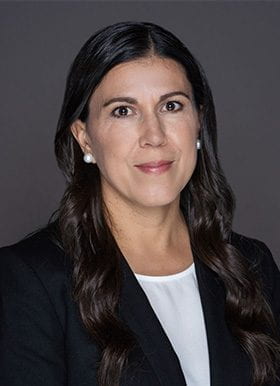
Isabel Menendez, DVM, PhD
Assistant Professor of Orthopedic Surgery
- Email: mimenendez@wustl.edu
Dr. Menendez uses preclinical multimodal imaging technologies for biomarker discovery in orthopedic diseases.
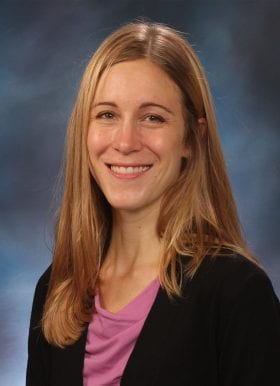
Gretchen Meyer, PhD
Assistant Professor, Physical Therapy
- Email: meyerg@wustl.edu
The Meyer lab studies the effects of muscle injury at the molecular and tissue level and the role of adipose tissue in muscle repair.
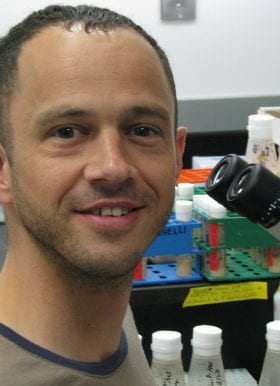
Craig Micchelli, PhD
Associate Professor, Developmental Biology
- Email: micchelli@wustl.edu
The Micchelli lab investigates the molecular mechanisms controlling Drosophila stem cell fate decisions, and how these can inform our understanding of all stem cell systems.
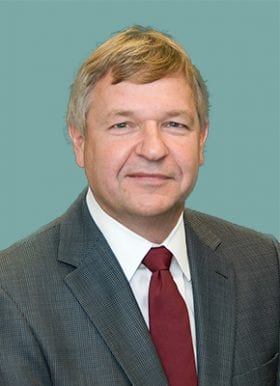
Jeffrey Milbrandt, MD, PhD
James S. McDonnell Professor and Head of Genetics
- Email: jmilbrandt@wustl.edu
The Milbrandt lab studies mechanisms that influence axonal degeneration and regeneration.
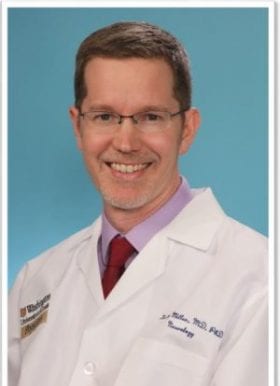
Timothy Miller, MD, PhD
The David Clayson Professor of Neurology
- Email: miller.t@wustl.edu
The Miller lab aims to understand the mechanisms underlying neurodegeneration and to develop novel therapies for neurodegenerative diseases, especially ALS.
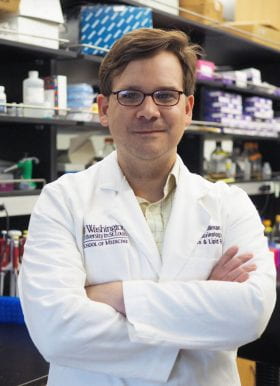
Jeffrey Millman, PhD
Associate Professor; Division of Endocrinology, Metabolism, and Lipid Research; Department of Medicine
- Email: jmillman@wustl.edu
The Millman lab investigates novel stem cell technology and biomedical engineering approaches for the treatment of diabetes.

Sumegha Mitra, MS, PhD
Associate Professor of Obstetrics and Gynecology
- Email: smitra@wustl.edu
Dr. Mitra is focused on chemotherapy stress-induced mechanisms that provide resistance to endoplasmic reticulum stress and promote cell survival. She is also interested in regulating protein homeostasis to re-sensitize chemoresistant ovarian cancer to platinum drugs.
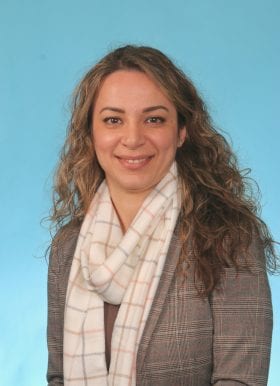
Mayssa Mokalled, PhD
Assistant Professor, Developmental Biology
- Email: mmokalled@wustl.edu
The Mokalled lab investigates mechanisms of spinal cord regeneration after injury or disease using zebrafish as a primary model.
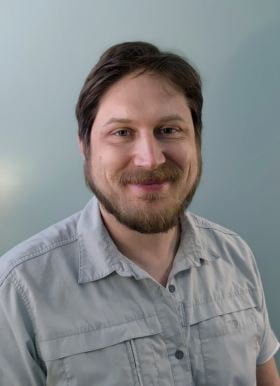
Josh Morgan, PhD
Assistant Professor of Ophthalmology
- Email: jlmorgan@wustl.edu
The Morgan Lab studies the organization, development, degeneration, and regeneration of the synaptic organization of the visual system. We are currently focused on determining the extent to which microcircuitry in the visual thalamus can recover from denervation..

Samantha Morris, PhD
Associate Professor of Genetics and of Developmental Biology
- Email: s.morris@wustl.edu
The Morris lab studies the gene regulatory networks that define cell fate. This information is applied to engineer cell identity, and to better understand cell fate decisions in development and disease.
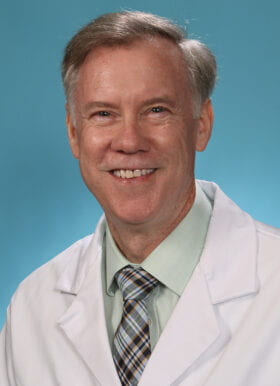
Jeffrey Neil, MD, PhD
Professor, Department of Neurology
- Email: neil@wustl.edu
The Neil lab specializes in the use of MRI methods to evaluate brain development in animal models and human infants.
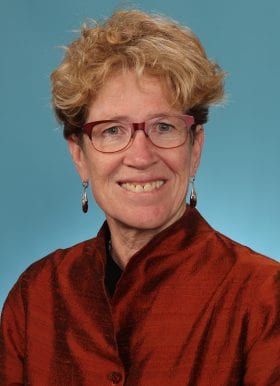
Jeanne Nerbonne, PhD
Alumni Endowed Professor of Developmental Biology and of Medicine, Division of Cardiology
- Email: jnerbonne@wustl.edu
The Nerbonne lab studies the molecular mechanisms controlling the properties, the cell surface expression, and the function of voltage (K+) gated channels in the cardiovascular and nervous systems.

Regis O'Keefe, MD, PhD
Fred C. Reynolds Professor and Head of Orthopedic Surgery
- Email: okeefer@wustl.edu
The O’Keefe lab studies skeletal development and repair, cancer, and inflammatory diseases of bone.
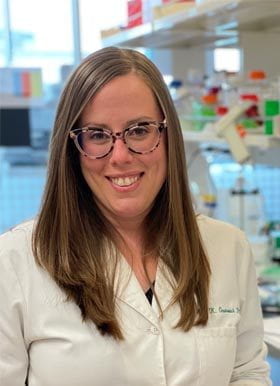
Arin Oestreich
Assistant Professor of Orthopaedic Surgery
- Email: aoestreich@wustl.edu
Dr. Oestreich's research focuses on how maternal obesity influences pregnancy health, fetal skeletal development, and the long term metabolic and musculoskeletal health of the adult offspring.
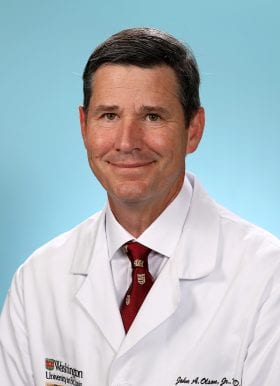
John A Olson Jr, MD, PhD
Chair, Department of Surgery, William K. Bixby Professor
The Olson laboratory investigates the molecular pathogenesis of parathyroid tumors with additional interests in parathyroid regeneration and transplantation. Clinical research within the Olson lab has focused on novel neoadjuvant therapies for breast cancer and biomarkers of breast cancer clinical outcomes.
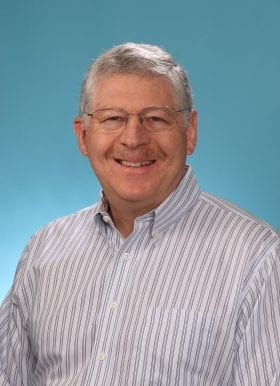
David Ornitz, MD, PhD
Alumni Endowed Professor of Developmental Biology
- Email: dornitz@wustl.edu
The Ornitz lab investigates the functions of Fibroblast Growth Factors (FGFs), their interactions with other signaling pathways, and their role in tissue regeneration, response to injury, and cancer.
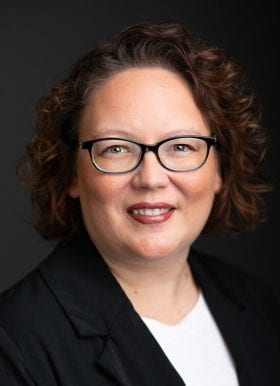
Michelle Oyen, PhD
Associate Professor, Biomedical Engineering
- Email: oyen@wustl.edu
Research in the Oyen Lab is focused on pregnancy and women's health research, particularly in engineering approaches for prevention of and intervention into preterm birth.
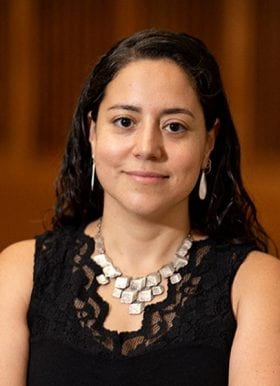
B. Duygu Ozpolat, PhD
Assistant Professor, Department of Biology
- Email: bdozpolat@wustl.edu
If humans lose their reproductive cells (i.e eggs and sperm) they become infertile, in contrast, some animals regenerate their reproductive cells and reproductive organs. The Ozpolat lab's goal is to uncover the mechanisms of reproductive cell and tissue regeneration by identifying the cell types and genes involved in this process, which will inform regenerative medicine approaches.

Hua Pan, PhD
Associate Professor, Department of Medicine
- Email: hpan@wustl.edu
The Pan Lab is studying the basic conception, development, and clinical application of novel nanostructures that serve as safe and effective delivery vehicles for therapeutic nucleotides to mitigate diseases including arthritis and cancer treatment induced vital organ injury.

Randal Paniello, MD, PhD
Professor, Otolaryngology
- Email: paniellor@wustl.edu
The Paniello lab is interested in using muscle stem cells to repair and treat vocal cord paralysis.
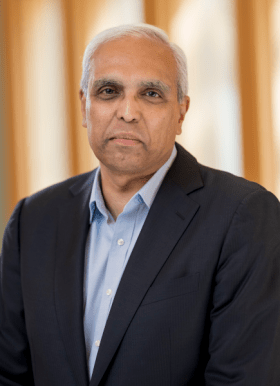
Rohit Pappu, PhD
Gene K. Beare Distinguished Professor of Biomedical Engineering
- Email: pappu@wustl.edu
The Pappu Lab studies the molecular basis of neurodegeneration, phase transitions that lead to protein and RNA condensates driven by multivalent molecules, the biophysics of intrinsically disordered proteins, and design of responsive, protein-based biomaterials. This includes multiscale computer simulations, adaptations and developments of polymer physics theories, in vitro experiments, and collaborations that enable molecular and cellular level investigations.
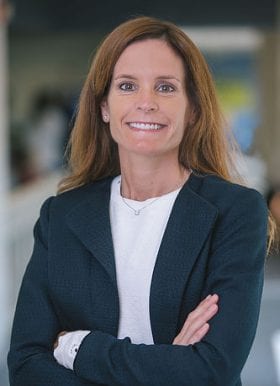
Cecilia Pascual-Garrido, MD
Assistant Professor, Orthopedic Surgery
- Email: cpascualgarrido@wustl.edu
Dr. Pascual-Garrido’s lab focuses on stem cell therapies for cartilage regeneration.

Amit Pathak, PhD
Associate Professor, Mechanical Engineering and Materials Science
- Email: pathaka@wustl.edu
The Pathak lab uses a multidisciplinary approach combining methods and concepts from biomaterials, microfluidics, molecular and cell biology, microscopy, applied mechanics, and computational modeling to investigate the ability of living cells to move through complex tissue environments.

Debabrata Patra, PhD
Associate Professor, Orthopedic Surgery
- Email: patrad@wudosis.wustl.edu
The Patra lab is interested in identifying and analyzing regulatory pathways that impact skeletal development. In particular, the lab is exploring roles for the proprotein convertase Site-1 protease (S1P) in cartilage, bone, and spine development.
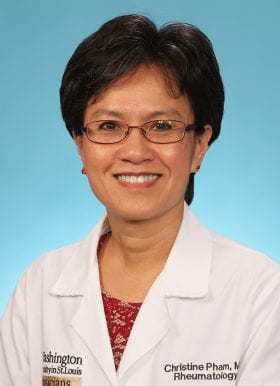
Christine Pham, MD
Guy and Ella Mae Magness Professor of Medicine and Chief of Division of Rheumatology
- Email: cpham@wustl.edu
The Pham lab focuses on understanding the contribution of innate immunity to inflammatory and rheumatic diseases. They also develop nanomedicine and regenerative medicine approaches for the treatment of arthritis.

Elizabeth Pollina
Assistant Professor, Developmental Biology
- Email: pollina@wustl.edu
The Pollina lab leverages new tools and techniques from neuroscience, epigenetics, and genome integrity to advance our understanding of genome fidelity in the nervous system of living organisms. We characterize how diverse environmental stimuli trigger changes in transcription, chromatin, and DNA damage and examine how these dynamic processes go awry in aging and neurological disease.
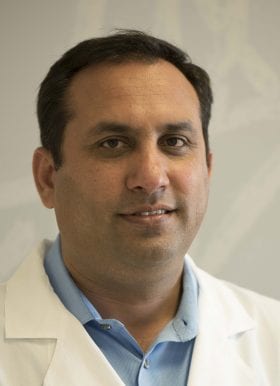
M. Farooq Rai, PhD
Assistant Professor, Department of Orthopedic Surgery
- Email: rai.m@wustl.edu
Dr. Rai is interested in understanding the early molecular mechanisms that orchestrate changes in knee joint after injury and lead to the development of post-traumatic osteoarthritis.

Gwendalyn Randolph, PhD
Professor, Pathology and Immunology
- Email: GRandolph@path.wustl.edu
The Randolph Lab studies the development and diseases associated with monocytes, monocyte-derived cells, dendritic cells and vascular and lymphatic vessel biology.

Michael Rauchman, MDCM
Professor, Division of Nephrology, Department of Medicine
- Email: mrauchma@wustl.edu
Dr. Rauchman’s research focuses on understanding the molecular and genetic basis of mammalian kidney development, how disruption of specific pathways leads to abnormal development of this organ, the consequences of injury to adult kidney and the relationship between genetic mutations in humans and the development of future cardiovascular and renal disorders in humans.
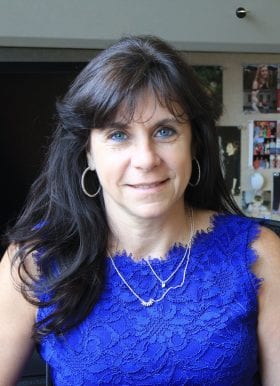
Maria Remedi, PhD
Assistant Professor; Division of Endocrinology, Metabolism, and Lipid Research; Department of Medicine
- Email: mremedi@wustl.edu
The major focus of the Remedi laboratory is to study in vivo physiology in various mouse models of diabetes to unravel the underlying mechanisms of pancreatic β-cell failure and their consequences in both pancreatic and extra-pancreatic tissues.